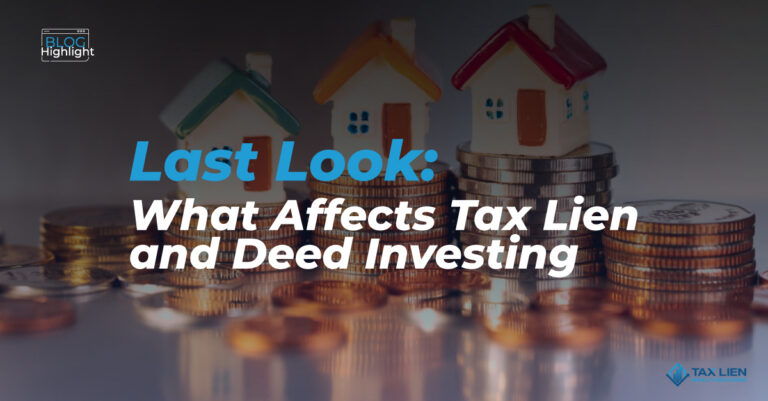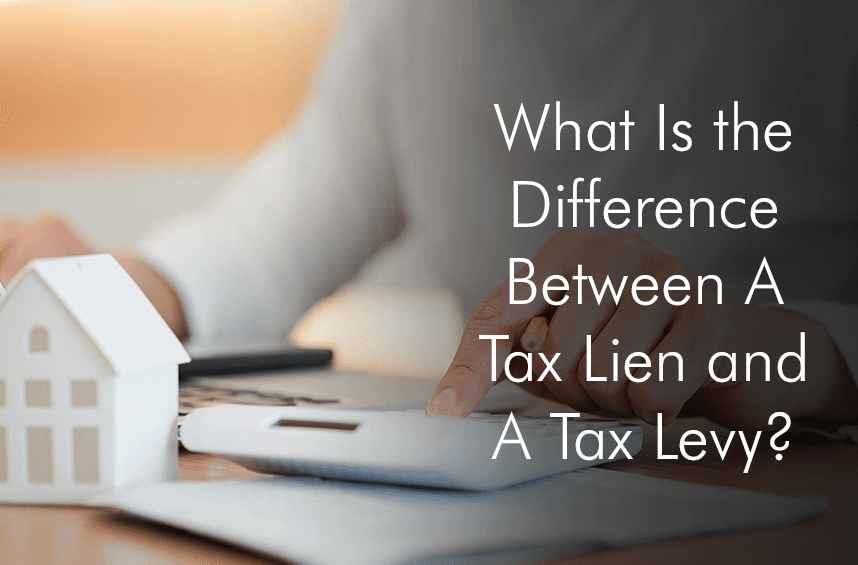All Categories
Featured
Table of Contents
If you have an interest in the tax lien foreclosure process, you ought to call a lawyer so you recognize and weigh the dangers of this sort of financial investment. - what is tax lien investing
Tax lien sales are one manner in which cities and regions attempt to recover a few of the public bucks they have actually spent keeping these properties deserted by exclusive proprietors. As we'll explain in this post,. Once real estate tax are thought about overdue, regional governments generally concentrate on giving notice of delinquency and attempting to gather the unsettled amounts from the proprietor.
However, this process commonly takes years. If an owner has left and is reluctant to pay tax obligations or maintain the residential or commercial property, the city has to spend tax obligation dollars to maintain the home. These costsboarding up the structure, cutting thick turf and weeds, replying to fire and cops gets in touch with the building, and moreadd up

Owners who have fallen on difficult times definitely require every effort to maintain them out of delinquency and in their homes. Generally, if the building is vacant and deteriorated, we need to assume the proprietor has selected to abandon their interest in the property and that they are "resistant" to pay (though circumstances previously in the procedure may have forced their hand).
How Do You Invest In Tax Liens
Take, as an example, a single-family home where the proprietor has long given that left. For many years the local government has had to tip in and eliminate rubbish discarded in the yard, board up the doors and home windows, and react to phone calls regarding illicit activity on the home. All these services set you back the city government taxpayer dollars.
In several states, those expenses can be accumulated likewise as the unsettled tax obligations, yet not in all. (Something that Area Progression highly advocates for.) At some point, the total financial debt becomes more than what the home could cost. In a tax lien sale (or tax certificate sale) the city government typically holds a public auction where the winning prospective buyer agrees to pay one of the most money for the right to implement the tax lien, starting with a minimum quote of at the very least the taxes possessed, plus applicable interest, charges, and expenses.

When a government sells the tax lien they are normally selling to an exclusive purchaser the regional federal government's authority to gather the debt in exchange for upfront payment of the tax obligations owed. The buyer's acquisition usually includes the capacity to earn future interest, as well as recoup relevant costs and prices incurred by the buyer, if the homeowner pays the tax financial debt.
This is, in essence, privatization of a core government feature: taxation. Tax obligation lien sales are particularly negative when it concerns vacant, deserted, and tatty buildings since they lengthen the duration prior to a building can be relocated right into the hands of a brand-new, extra responsible owner. Private tax lien purchasers hold the financial debt, yet they do not possess the titlethe legal right to ownership of the propertyand in most cases, they have no rate of interest in obtaining it.
Investing In Tax Lien Certificate
Thinking about spending plan cuts, city governments in several states have actually reduced internal property tax collection and enforcement initiatives and looked to tax lien sales as a fast infusion of revenue - how to invest in tax liens online (how to invest in property tax liens). Several areas choose or are mandated by the state to market tax obligation liens due to the fact that it outsources collection and often generates extremely required money previously in the collection procedure
By transferring the local federal government's interest in and enforcement of the tax obligation lien to a personal customer, city governments shed much of their adaptability: adaptability to acquire vacant properties that the private market doesn't desire, or to help the proprietor avoid shedding their home. With uninhabited homes, there is a much higher chance that the personal purchaser isn't interested in the property itself.
Tax obligation lien sales can create injury in historically disinvested locations. In a depressed housing market, less proprietors have the ability to redeem the amount of the debt sold to a tax lien purchaser. These locations are ripe for a various sort of tax lien investorspeculative proprietors looking for to get buildings on the low-cost by foreclosing on the real estate tax lien, bleeding what little bit equity is left by renting out a second-rate property to vulnerable renters, and after that abandoning the residential property when they've made back their financial investment.

Not all state laws give neighborhood federal governments the power to intervene in this cycle. In any case, the home remains uninhabited and in limbo, all the while enforcing significant expenses on its next-door neighbors and taxpayers. It's reasonable that numerous regional federal governments turn to tax obligation lien sales because they help money crucial civil services.
If the city government instead sells the property (also known as the "tax deed"), instead than the tax financial debt, then they are in control of what takes place to the residential property and the enforcement procedure if the proprietor continues to not pay the real estate tax owed. The federal government will offer the owner an affordable time to repay the tax debt, after which the government will certainly seize its passion in the tax lien and the owner's right of redemption.
From their inception, these public auctions were places for financiers to benefit with exploitation. In early 20th-century cities, infamous "tax sharks" like Chicago's Jacob Glos and New york city's Charles Wiltsie generated fortunes by acquiring up ratings of tax obligation liens on houses, billing their owners excessively high total up to remove the lien, or waiting till the target date for settlement passed and asserting the deed.
Tax Ease Lien Investments

Phone call to eliminate tax obligation lien sales and overhaul tax obligation misbehavior laws have actually periodically emerged. Typically, they have come in response to situations of poor, commonly senior property owners that shed their homes to unscrupulous tax obligation customers over little tax obligation financial obligations. With a couple of exceptions, state legislatures have actually resisted structural reforms (invest tax liens).
Those who have settled their mortgages (mainly senior citizens or individuals that had actually acquired a household home) need to additionally find the money to pay real estate tax. This describes why 70 percent of the homes cost tax lien sales are owned outright. It is well hobby for states to embrace a more humaneand a lot more effectivesystem for real estate tax enforcement.
Table of Contents
Latest Posts
Property Tax Delinquent Lists
Tax Lien And Deed Investing
Learn Tax Lien Investing
More
Latest Posts
Property Tax Delinquent Lists
Tax Lien And Deed Investing
Learn Tax Lien Investing